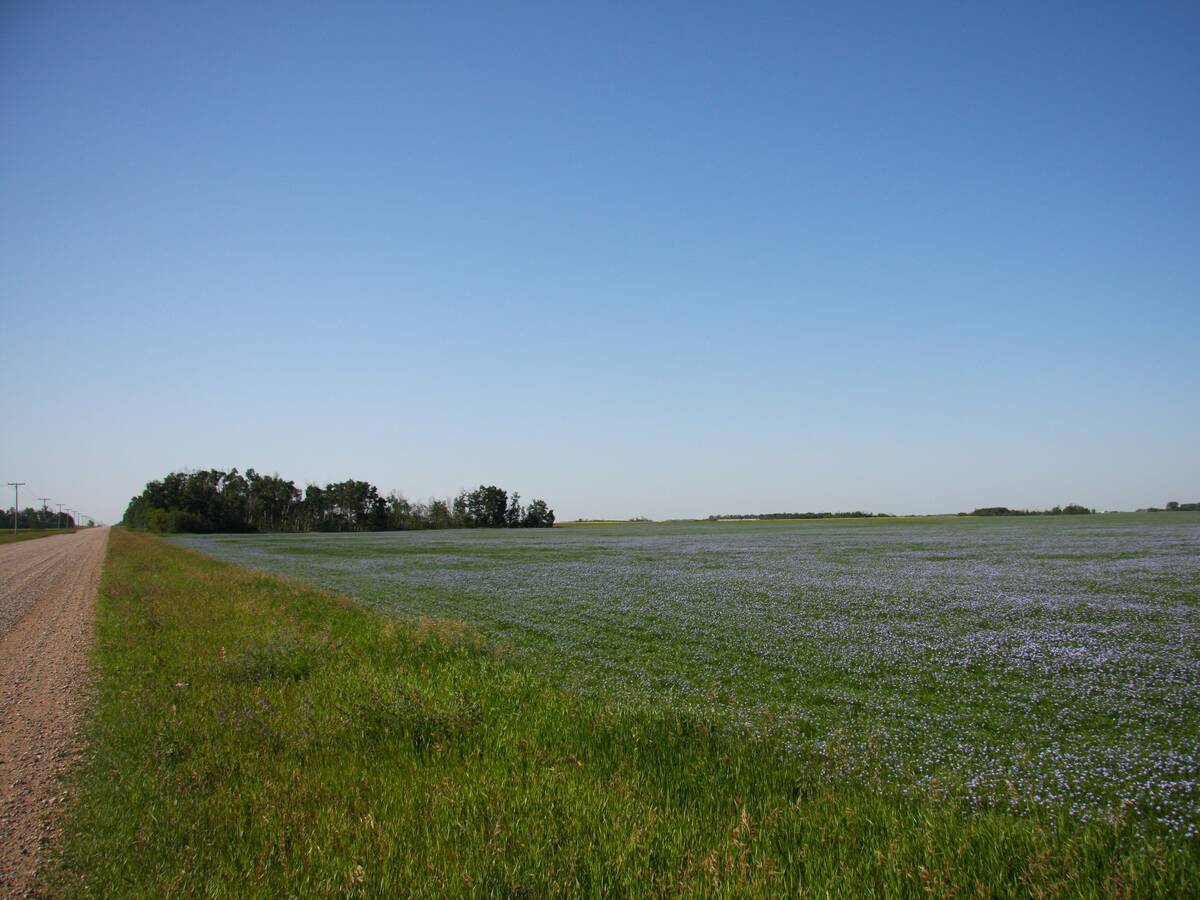MELFORT, Sask. – Hemp, hemp hemp – the wonder plant that will do everything. That is the message from many hemp boosters to farmers.
“Hype, hype, hype,” was the comment of Saskatoon seed seller Dave Hutchinson at a conference held here.
“For this year it’s going to be a glorified experiment for everybody.”
In contrast to the euphoric descriptions of the plant’s wondrous potential, Hutchinson and some other speakers at the Non-Conventional Fibre Forum told producers to be cautious about the crop, which has just been legalized by the federal government.
Read Also

Farmland advisory committee created in Saskatchewan
The Saskatchewan government has created the Farm Land Ownership Advisory Committee to address farmer concerns and gain feedback about the issues.
Farmers will be allowed to plant hemp this growing season if they have a contract with a buyer and agree to follow strict rules. Hemp is the crop that also produces marijuana, and the rules are designed to make sure growers produce only drug-free plants.
Growers will have to grow at least 10 acres, and Hutchinson said he wouldn’t suggest farmers grow more.
“I wouldn’t bet the farm on a crop you’ve never grown before,” he said.
Easing into the crop is important because it poses many harvesting challenges and the markets for both the oil and fibre products uncertain.
Hutchinson said if every one of the 200 farmers at the conference grew 20 acres of hemp, “I think we would flood the market. You wouldn’t be able to give it away.”
In Western Canada the crop will first be grown for its oil, which contains fatty acids used in health food products, speakers said. But to make the crop economical, growers will have to sell both the oil and the fibre.
“There’s going to be a big rush in the last six weeks (before the growing season) because the regulations have not been finalized,” Hutchinson said. “When they are, all of a sudden it’s going to be panic.”
Neil Strayer, an organic grower involved in a number of grain businesses, said he plans to contract some hemp production this summer. But he said how much will depend on the federal health department’s regulations on crop policing, seed supplies and the amount of paperwork necessary to grow a crop.
A number of speakers said guaranteeing commercial hemp is free of the marijuana drug THC won’t be difficult, and commercializing the crop isn’t part of trying to legalize marijuana.
But one speaker drew a round of applause from some in the audience when he said he thinks the drug should be legalized.
Hutchinson said some of the push behind hemp comes from marijuana promoters, something which made him skeptical of its commercial value. But crop tests last year proved to him that there is real agricultural potential in hemp.
“I became interested in it as a plant,” he said. “We’re not interested in the recreational side of it.”
He suggested farmers be wary of the hype but keep an open mind about hemp.
“There’s a little bit too much sunshine at these meetings sometimes,” Hutchinson said.
“It’s a real interesting plant: It makes an oil that people will pay reasonable money for, and it will grow in Saskatchewan. That’s all we know.”
Ponteix, Sask. farmer Andre Perreault said he wants to try out the crop this year. He has some salty land and thinks hemp might be able to grow better there than other crops do.
But he admitted harvesting difficulties and expensive seed make him realize that hemp will be an experiment without expectations.
“I won’t know until I try it,” Perreault said.















